For those who know me, I have a (very long) list of superstitions I believe in. Some come with an explanation, others with a cultural reference, but every single one comes from my family. And while I don’t truly think spilling salt on the table will bring me years of bad luck, I still throw some behind my back and will hopefully pass that habit on. Because these small gestures aren’t just quirks. They’re traditions, family stories, inherited rituals that give my table (and life around it) another layer of meaning.
Classic table superstitions
SALT
Let’s start with the most common one: spilling salt. It’s long been considered bad luck. My brother (only) recently told us that one of the reasons is that salt was once precious and used as currency, so wasting it felt dangerous. Digging a little deeper, and I found out that in Leonardo Da Vinci’s Last Supper, Judas is shown knocking over a saltcellar and finally for a touch of folklore, the devil lurks over your left shoulder. Suddenly the small act of tossing a pinch of salt behind me makes perfect sense.
And then there’s the more Mediterranean take: passing salt hand to hand is said to bring arguments. Let me tell you, this will never happen on my table, ever. The salt goes down first. Always.
BREAD UPSIDE DOWN
I love finding a new superstition to follow (don’t judge me), and this one was a surprise. Not only is it French but it comes with a real cultural explanation. And if you didn’t know it, you probably won’t forget it… An overturned loaf was once said to be reserved for the hangman, a quiet signal that the executioner’s portion was set aside. Freaky.
FLOWERS
Even flowers carry their codes. But I’ll admit, for this one, I had to refer to my mother to remind me which ones were considered bad luck. It’s not essential knowledge, I agree, but better to know and avoid sending something unintentionally funereal. In my family, carnations are firmly on the no-go list. Shame, I love them. In France and Italy, chrysanthemums are strictly for cemeteries.
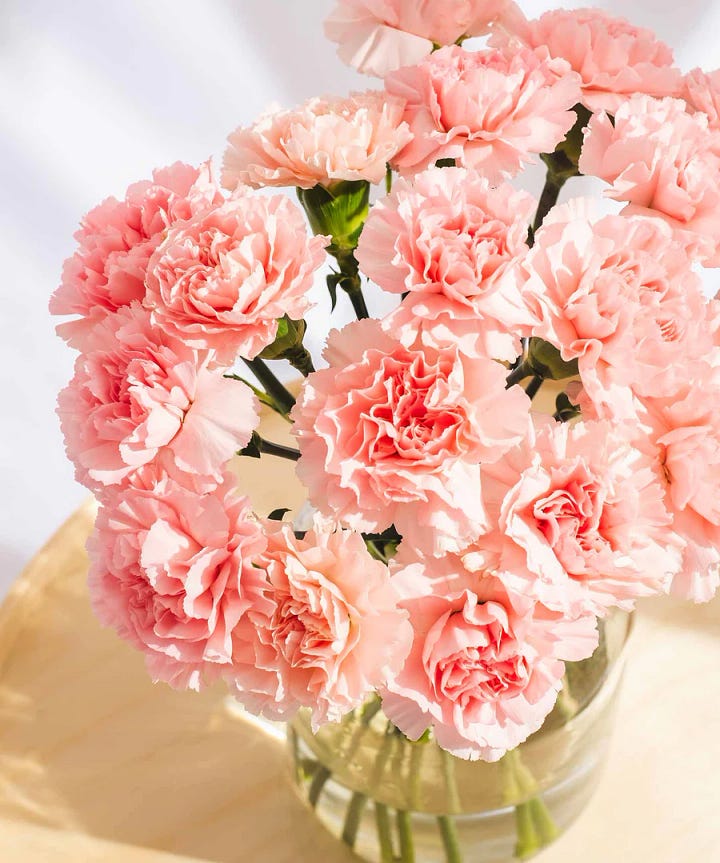
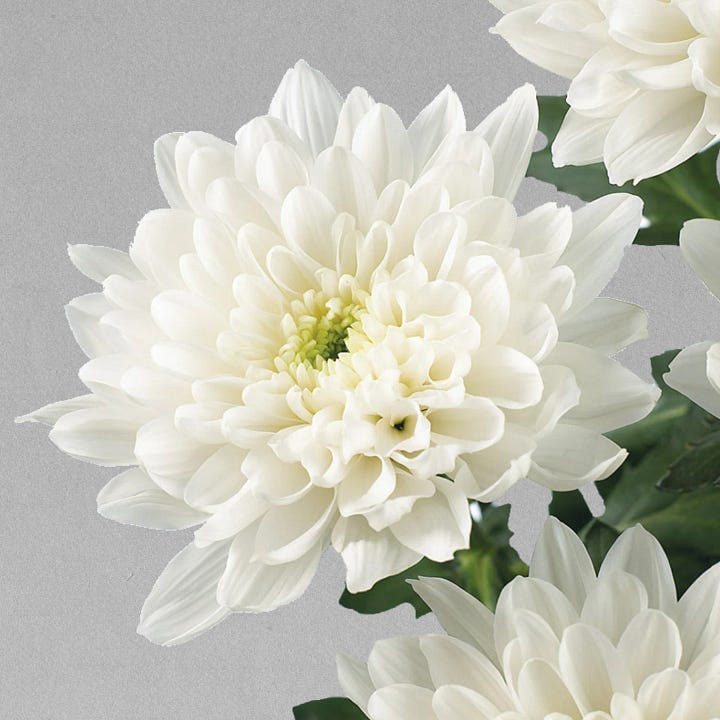
Digging a bit more and I found out some fun cultural quirks in different countries. In Russia, the number matters: even stems are for mourning, odd ones for celebration. I personally love lilies but they are often seen as funeral flowers across Europe, while yellow flowers can whisper jealousy or betrayal. So never send a yellow bouquet to your lover… My favourite detail? In Wales, a single daffodil is said to bring bad luck, but a bunch of them means good fortune.
CHOPSTICKS
This one is a bonus. I had never heard of it but in Japan, chopsticks stuck upright in a bowl of rice are never done. The gesture mimics the incense offerings at funerals. It’s one of those superstitions that’s less about luck and more about respect, but once you know it, you can’t unsee it.
Now that I am actually looking into this, turns out I have a lot more superstitions outside the table. Here they come.
The ones I know and follow
Breaking a mirror or breaking an oil bottle is supposed to bring you 7 years of bad luck. These are the kind of superstitions I don’t question. Although, again, I looked for the meaning of the mirror and the symbolism makes sense. In ancient Rome, mirrors were thought to reflect not just your face but your soul, and seven years was the time it took for life to renew itself.
Add to the list to never open an umbrella in a house, black cats crossing your path is never good and never put a hat on a bed. That one I know. In old times, a hat was only placed there when its owner had died.
I almost forgot the weirdest, yet most observed superstition in my family: the colour green. Bear with me. It comes from my maternal grandfather, was passed down to my mother and now to us. We never questioned it. It’s as if it’s engraved in our brains: green equals bad luck. No green in clothes, in homes. Anywhere, never. To this day, I still pause if I see something I love in a shade of green. Actually, if I’m honest, that never happens as this colour is not part of my palette. Some superstitions you can laugh off, but others become so ingrained they start to feel like part of your DNA.
Of course, eventually we did ask why, much later. Green is, in some cultures, the colour of hope. So why is it bad luck for us? In French theatre, green was considered unlucky for actors to wear on stage. One explanation is that Molière supposedly collapsed and died while performing Le Malade Imaginaire in green. To add to our family weirdness, no one has ever been on stage and for now, no one will….
But it’s not all about bad omens. Some superstitions work the other way, small acts meant to protect, to shield, to make sure life tilts in our favour.
Protection
And for protection, the evil eye is the most universal. You can find it at the entrance of homes, pinned to underwear, in cars, you name it. Anything to make sure you can fight it.
The evil eye is probably the most universal superstition of them all. It goes way back, over 5,000 years to the ancient Mediterranean. The earliest traces come from Mesopotamia, where people wore eye-shaped amulets and wrote incantations to scare off the gods. In Egypt, it may have merged with the Eye of Horus, painted on ships for safe passage. And by the time of the ancient Greeks, it had its own word, baskani and appears in texts by Hesiod, Plato, even Aristophanes.
I have an eye in my house, in my car and even in my wallet. But if that’s not your thing, you could wear a psychedelic one around your neck. Noor Fares created this beautiful eye necklace with a personalised painting of your own eye.
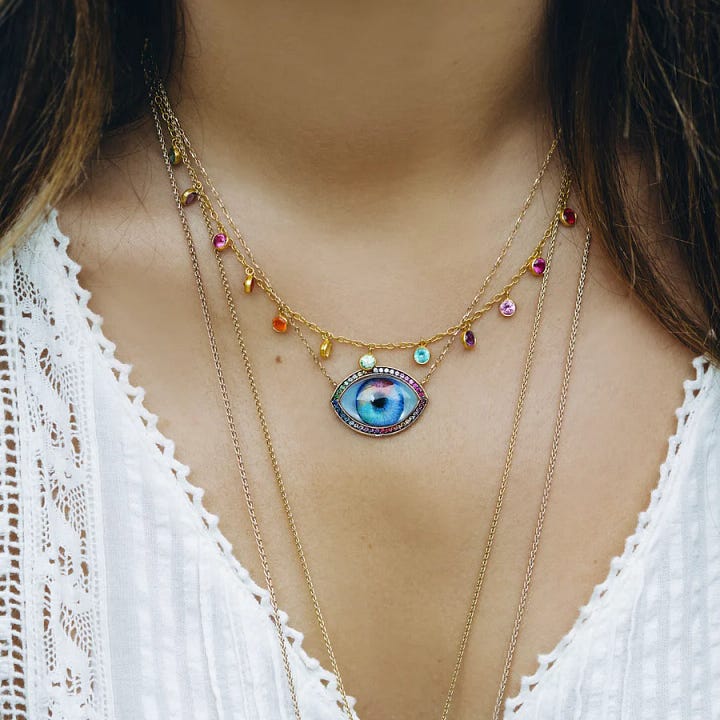
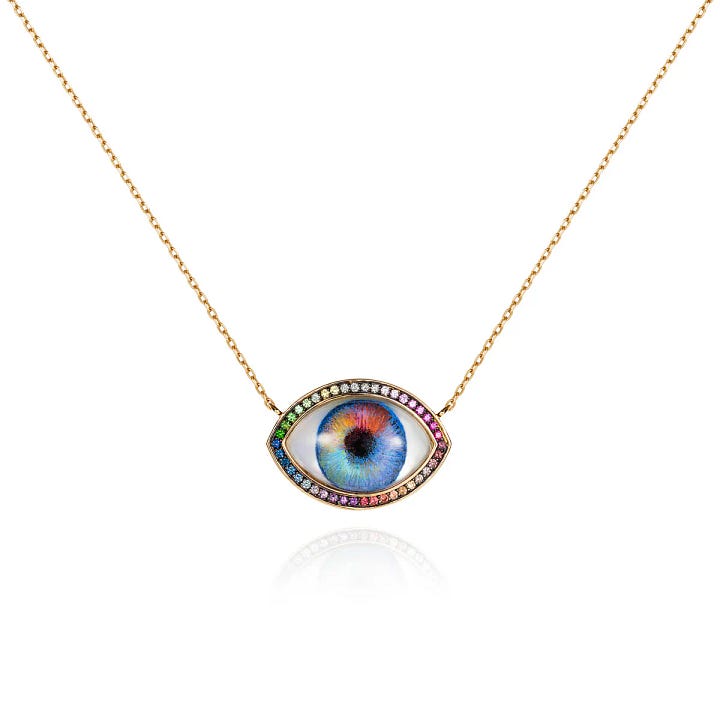
If the evil eye is not your thing, there’s always a simpler version: touching wood. You won’t be surprised, I do both!
A couple of weeks ago, I was sitting with a friend talking about something we were happy about, hoping it wouldn’t change. And, right on cue, both of us touched the table at the exact same time and said “touch wood.” Talk about being in sync.
It’s also a huge one at home. My grandfather kept a piece of wood on his desk so he could knock whenever he needed. His belief went even further and whether it’s true or just family legend, I like the idea that he carried a small piece is his pocket, ready to touch discreetly whenever bad energies needed countering.
And finally, bakhour, wood chips soaked in oils and burned as incense. In my family, whenever someone moves into a new house, bakhour is always lit to clear the air of whatever came before and to welcome the new. The scent goes from room to room, carrying with it a sense of comfort and protection. It’s less about superstition than ritual, but the effect is the same, it’s a wyes ay of making a space feel truly ours. Think of it as our version of burning sage, though to me bakhour will always hold a deeper, more familiar kind of magic.
In the end, these superstitions are less about fear and more about connection, to family, to history, to the table itself. Whether we believe in them or not, they are part of the stories we inherit. They remind us that our homes and our tables are shaped by memories, rituals and the small gestures that make life feel more lived.
What are your superstitions?
Stay cosy until next time, Jx
If you like this please drop a ❤️ , share it with a friend, leave a comment, or subscribe! For more JOSI, you can follow us on IG.


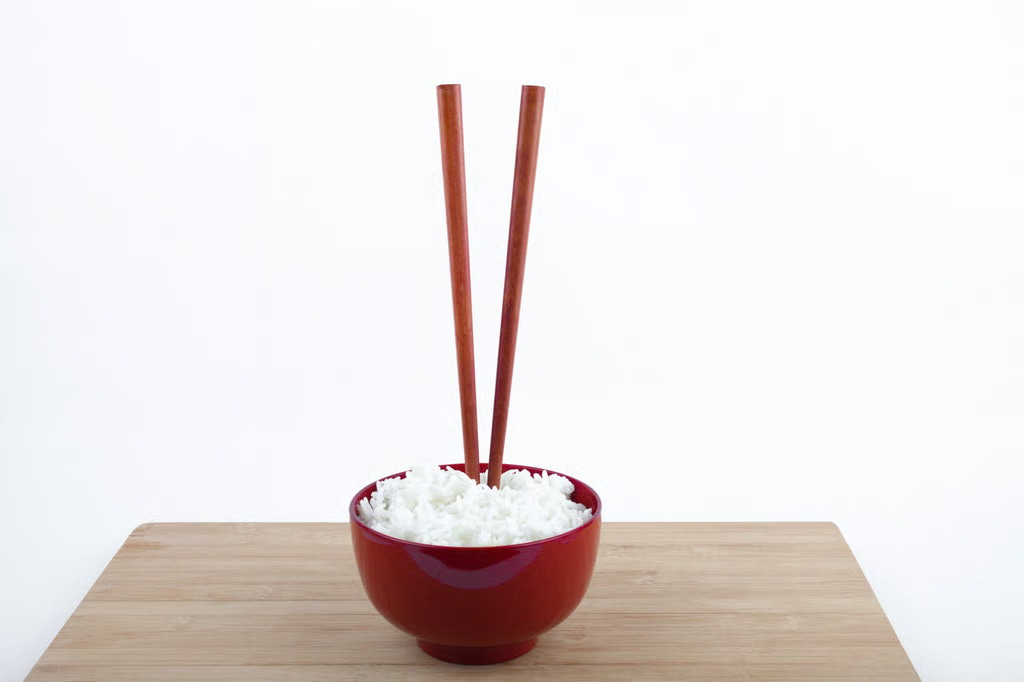
J’adore…
Enjoyed every second of it! So on point! Thank you Joy ❤️